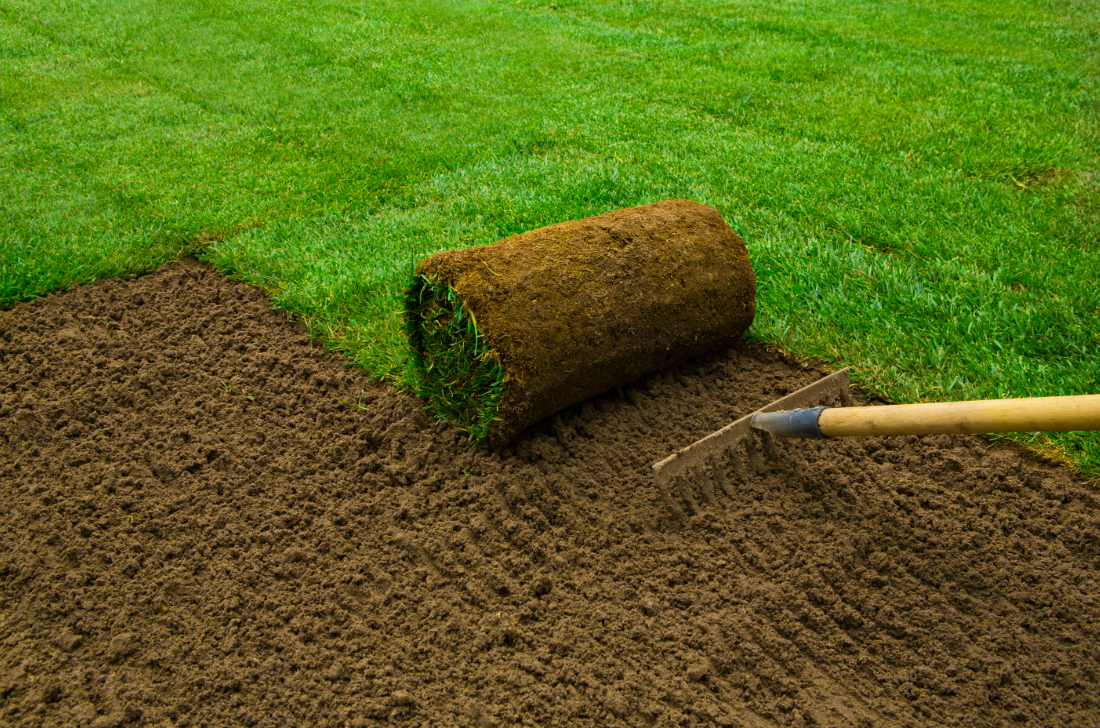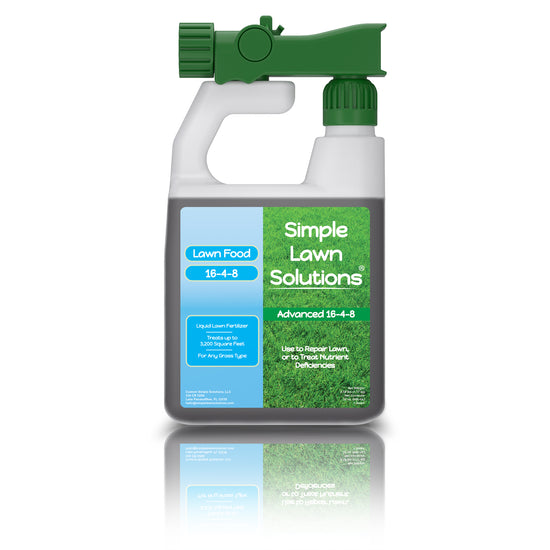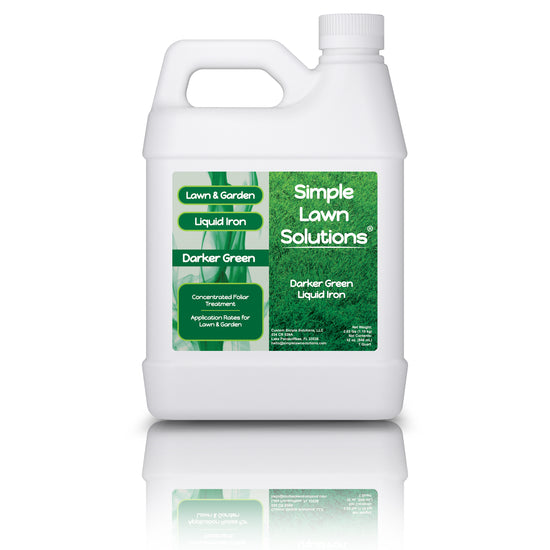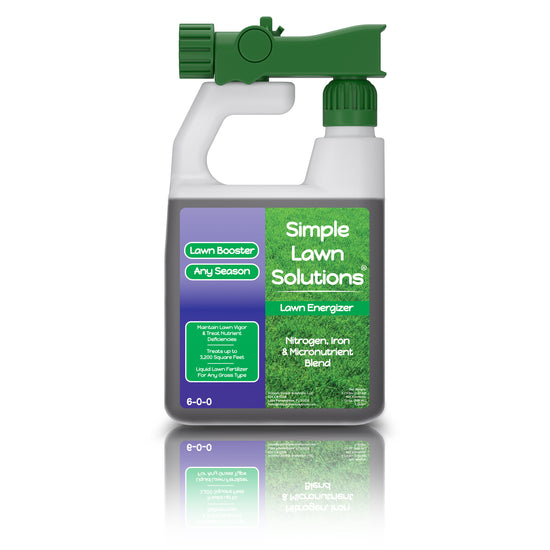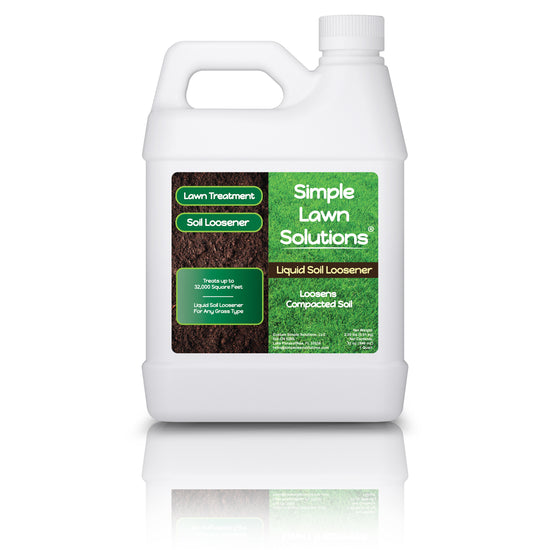The speed of soil acidification is determined primarily by the soil's buffer capacity rather than by the specific product used to acidify the soil. The buffer capacity of soil determines the soil's ability to resist changes in pH. When we are talking about acidifying soil, the buffer capacity is controlled by the amount of free calcium and magnesium carbonate present.
Any hydrogen ions added to the soil will react with the free carbonates rather than remain in the soil solution (necessary to contribute to the soils active acidity). So in order to reduce the soil pH, all of the calcium/magnesium carbonates would need to be dissolved by acidifying materials before any detectable changes in soil pH will be observed.
What to use
Elemental sulfur; ammonium and ferrous sulfate fertilizers; citric, sulfuric, and phosphoric acids are all great for soil acidification. All of these are naturally occurring compounds, although they may have been synthesized for production. Remember that acidifying the soil is best done prior to establishment or planting. You can really get after it and apply a lot of acidifying material when you are working on modifying bare ground. With plants or grass around, your rates of application will need to be kept in check to avoid plant toxicity.
What about coffee grounds?
Expecting coffee grounds to acidify the soil simply by applying them as a soil topdressing is unrealistic. Even if incorporated into the soil, one should not expect any meaningful change to the soil pH from one or two applications. It is possible that, over a long period of time, incorporating the grounds could help with modest reductions in pH. Additionally, if you are constantly adding coffee grounds to your soil, you'll be tying up available soil nitrogen, as microbes will be utilizing the nitrogen to break down the coffee grounds. If you are choosing to use coffee grounds in your garden, make sure to also apply a nitrogen-containing fertilizer like SLS 15-0-15 or SLS 16-4-8 to help with the nitrogen lockup you will most likely experience immediately after applying the coffee grounds.


